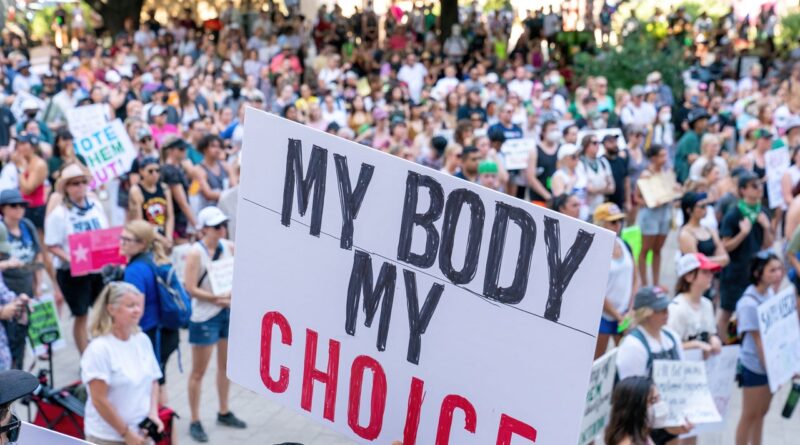Shield Laws for Abortion, Gender-Affirming Care Need Better Protections Against Extradition
“There is lots of support for abortion in New York City, for example, but New York City is not the entire state of New York, right?” Smith says. “In almost every state, you can find pockets of the state that, politically, are really different from the majority of the state.” These differences could mean that, without statewide bans on collaboration in place, people who travel to find legal care could be put in danger if a local government agency chooses to cooperate with an out-of-state investigation.
That is the central argument of a 2023 article for the City University of New York Law Review, “Extradition in Post-Roe America,” by Alejandra Caraballo, Cynthia Conti-Cook, Yveka Pierre, Michelle McGrath, and Hillary Aarons. The authors wrote: “States must meet a delicate balance, however, in enacting protections that resist extradition without misleading their residents and people seeking safe-harbor within their borders about the extent to which they may seek health care safely.”
There are several problems with shield laws right now, according to Caraballo, a clinical instructor at Harvard Law School’s Cyberlaw Clinic. “We talked at length in our article about Immigration and Customs Enforcement and sanctuary laws,” she says, referring to laws passed to protect undocumented immigrants.
Caraballo continues, “Essentially, if states are just saying ‘you may not [help investigate someone for an abortion],’ but there’s literally no enforcement mechanism, law enforcement officers are just going to do it anyway.”
This is the reality beneath several immigration sanctuary laws. Washington state passed laws banning state agencies from sharing nonpublic data with federal immigration officials for the purpose of immigration enforcement; however, a report by the Center for Human Rights at the University of Washington found that “this information-sharing was so institutionalized in the regular practices of local law enforcement that it took place on a daily basis, even after [legislation banning information-sharing] became law.”
Caraballo wants states to add private causes of action to their shield laws, meaning that people harmed by unlawful information-sharing have a clear path to sue in civil court. Says Dale Melchert, staff attorney at the Transgender Law Clinic, “I love that idea, I think that’s fantastic. We need actual tools to fight back.”
As shield laws continue to evolve, state legislatures may return to the topic and update their laws with new practices. “While no state has yet taken this step, they can add these private causes of action to their shield laws in the future.”
“People are sharing best practices,” Smith says. “In Washington state, for example, in their shield law, they actually require an attestation that a warrant request or anything else is not related to legally protected health care.”
The authors of the “Extradition in Post-Roe America” article recommend states require warrant requests to include the facts that lead up to the arrest warrant. Washington’s attestation law appears to go a step further: Whomever writes the attestation can be charged with perjury and a statutory fine if they “intentionally submit” a false statement to “seek documents, information, or testimony” regarding protected health care.





